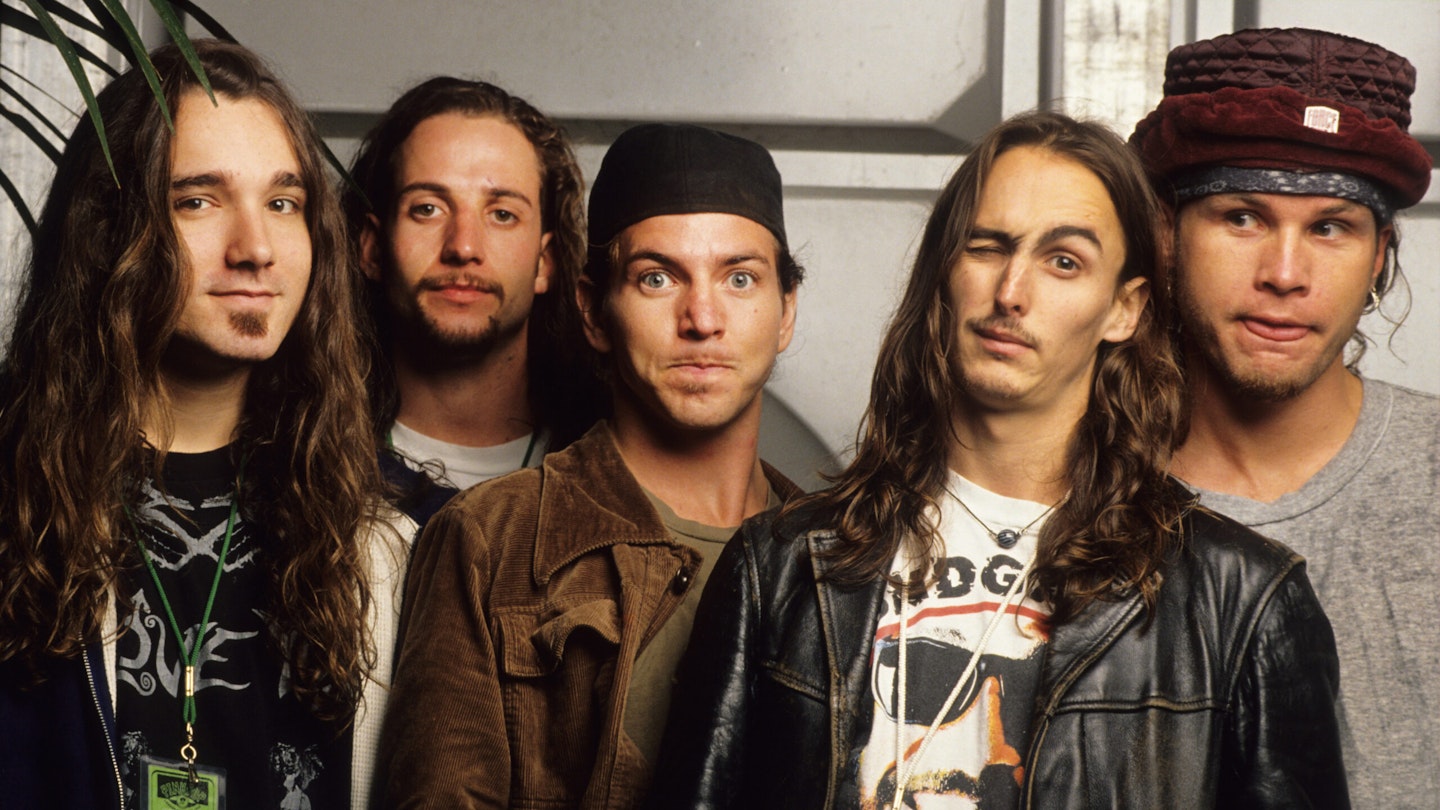The last men standing of Seattle’s ‘90s rock insurgency, Pearl Jam have weathered triumph and tragedy, from the rocket success of debut album Ten to the unimaginable horror of Roskilde. Yet throughout it all, Eddie Vedder and his group have shown extraordinary endurance and resilience, a collective strength borne out in their body of work.
-
READ MORE: “It was a huge part of being able to go deep...” Pearl Jam o****n the making of Dark Matter
From Ten and Vitalogy’s grunge-hewn rock anthems through the eclectic spreads of 2002's Riot Act and Gigaton in 2020 and 2023's Dark Matter, Pearl Jam have shown they both understand the chemistry that fuses the band together and also have a willingness to move its constituent parts to explore new terrain. Here, MOJO's Keith Cameron surveys the road travelled so far…
12.
Binaural
(Epic, 2000)
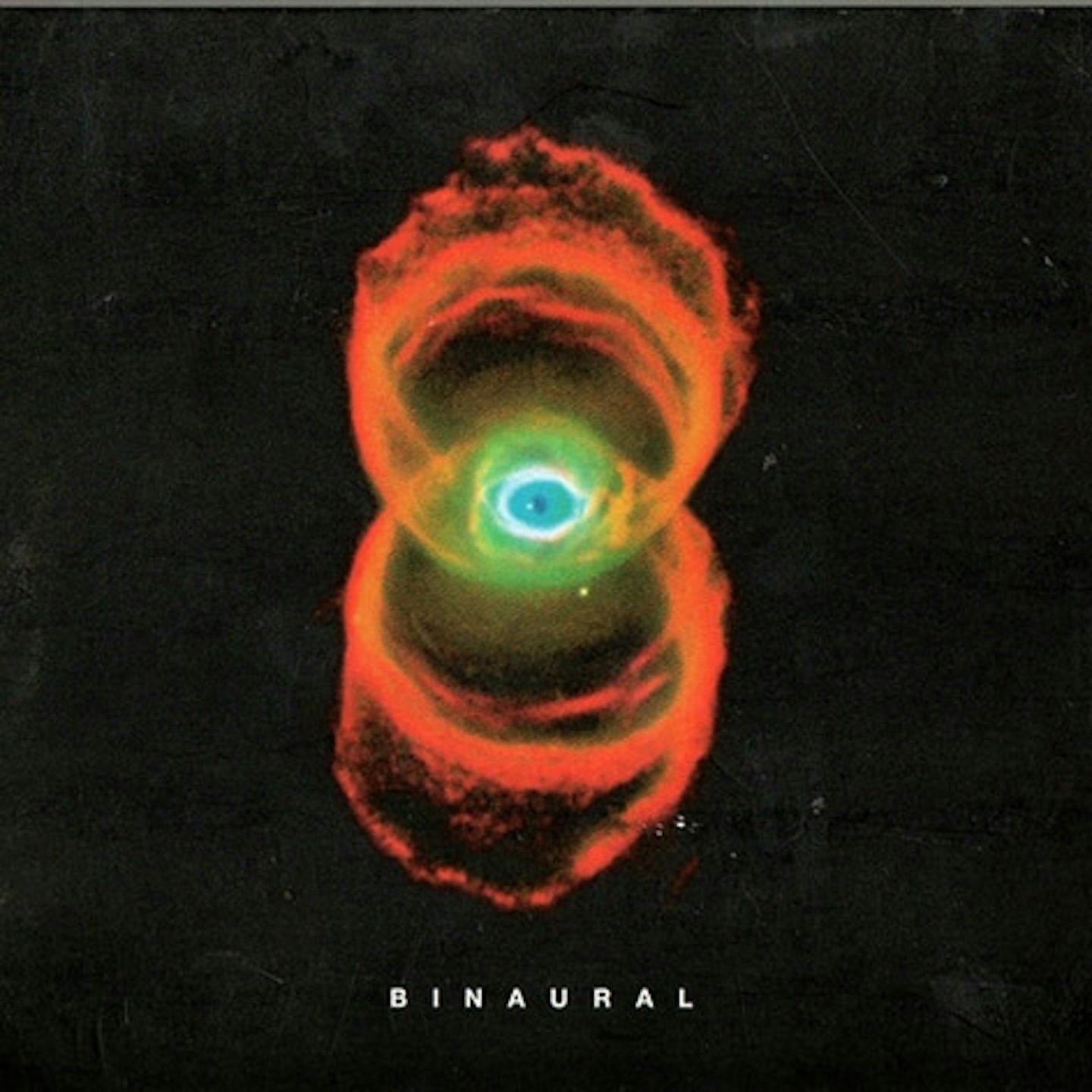
The new dawn promised by 1998’s Yield quickly faded. Drummer Jack Irons quitting for health reasons was bad luck, but an album dominated by unprepossessing material recorded with a new producer, Tchad Blake, experimenting with the titular recording method when your latest drummer was Soundgarden rock godhead Matt Cameron seemed perverse (as did leaving Sad in the ‘Lost Dogs’ pile). The approach actually better suited the gentler songs – Light Years is a gem – but despite Brendan O’Brien’s remixing, the stilted Binaural ultimately satisfied no one.
11.
Lightning Bolt
(Monkeywrench/Republic, 2013)
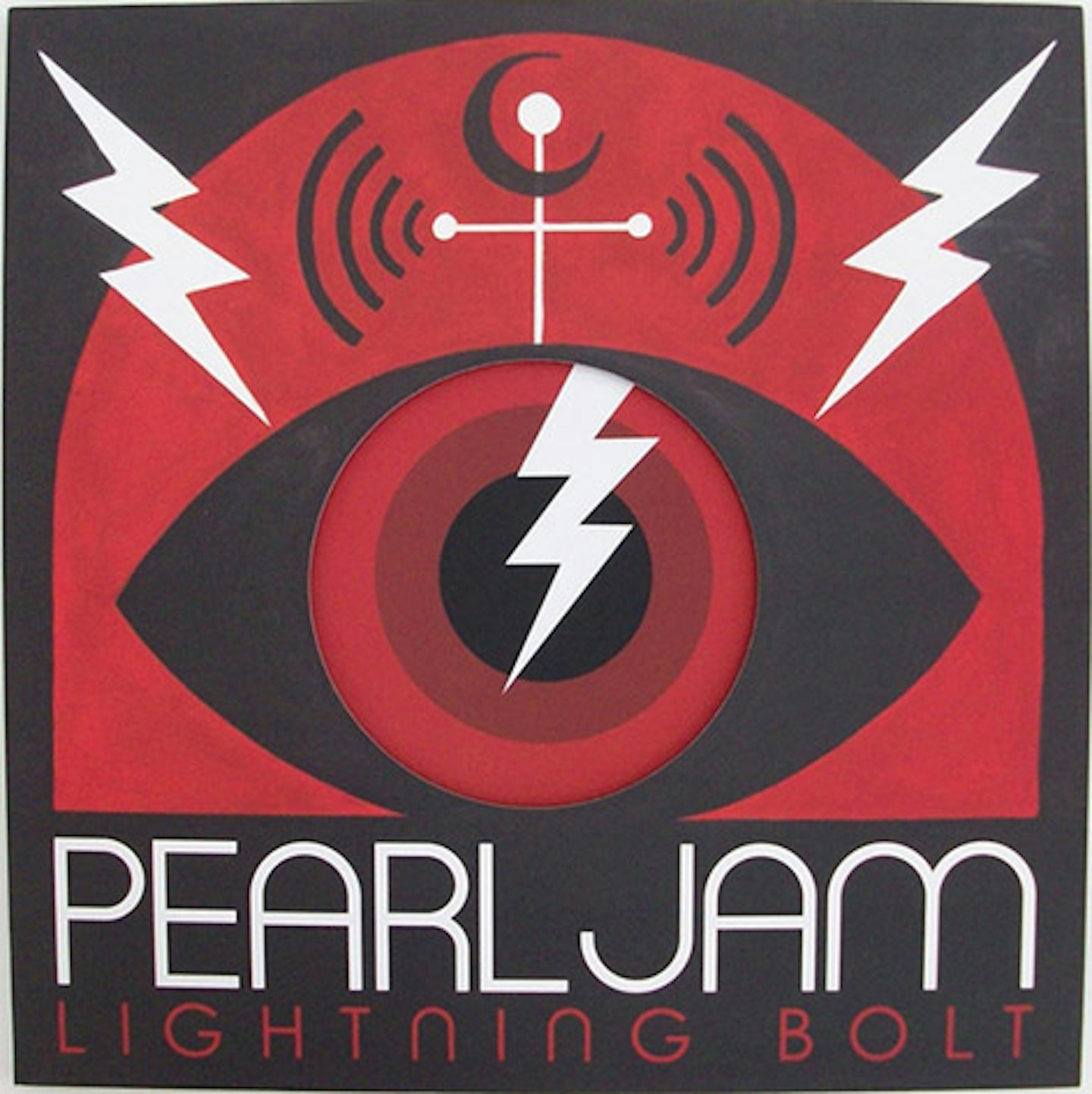
The efficacy of producer Brendan O’Brien’s tight ship regimen on 2009’s Backspacer was emphasised by its successor. Lightning Bolt sessions began in 2012, then paused for a year of hum and hah plus side-projects, and the sense that no one ever reconvened on the same page haunts this fitful collection. In the credit column: Sirens, an unabashed McCready power ballad that Vedder sung into the next dimension.
10.
Backspacer
(Monkeywrench/Universal, 2009)
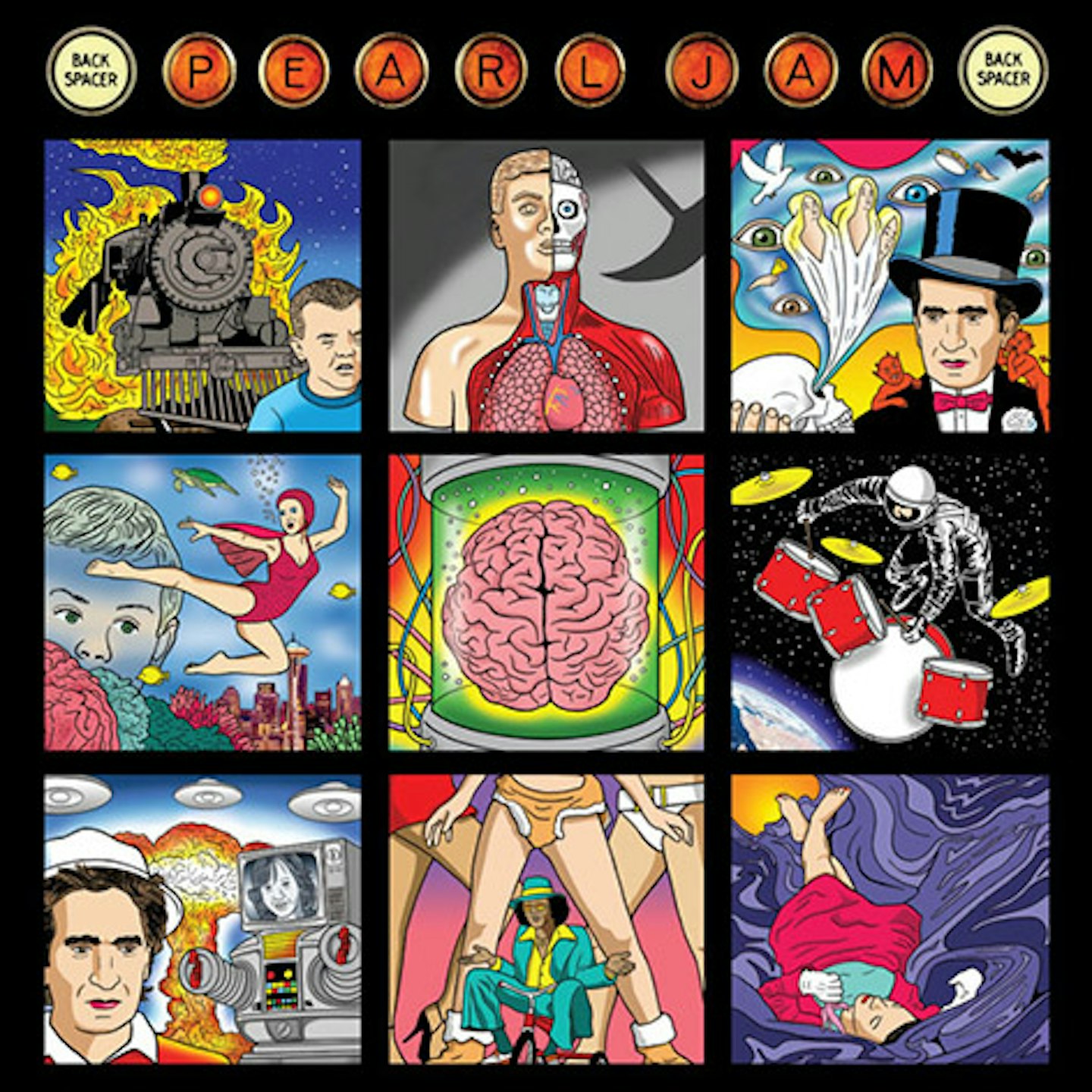
The band’s imminent 20th anniversary was deemed the moment to belatedly go new wave; producer O’Brien took barely a month to help whip out the shortest PJ album (37 minutes). Some of the snap-happy cuts could actually have used more evolution, but The Fixer and Got Some vindicated the notion of EdVed fronting The Police. Even the ballads had zip, while Unthought Known was a readymade arena air puncher.
9.
Pearl Jam
(J, 2006)

The mid-career self-titling flagged ‘Avocado’’s fresh start even before a note was heard – then Life Wasted tore out of the grooves like a caged rat, the urgency maintained throughout, be it the raw AC/DC growl of World Wide Suicide or the surf garage romp Big Wave. With several lyrics inspired by the US political landscape, Pearl Jam clearly felt the imperative for direct audience engagement – and remembered that it suited them.
8.
Gigaton
(Monkeywrench/Republic, 2020)

Co-produced with engineer Josh Evans and even longer in the pot than 2013’s Lightning Bolt, the eco-conceptual Gigaton improbably vindicated the five-guys-cook-a-pizza approach to record making. Amidst its wild mood swings and occasional missteps, this was a collectively invested, creatively intrepid PJ sometimes missing from the band’s 21st century output. Stadium folk (Retrograde), cosmic country-prog (Seven O’Clock), iceberg disco (Dance Of The Clairvoyants): all here and more besides, on an epic soundtrack for dangerous times.
7.
Dark Matter
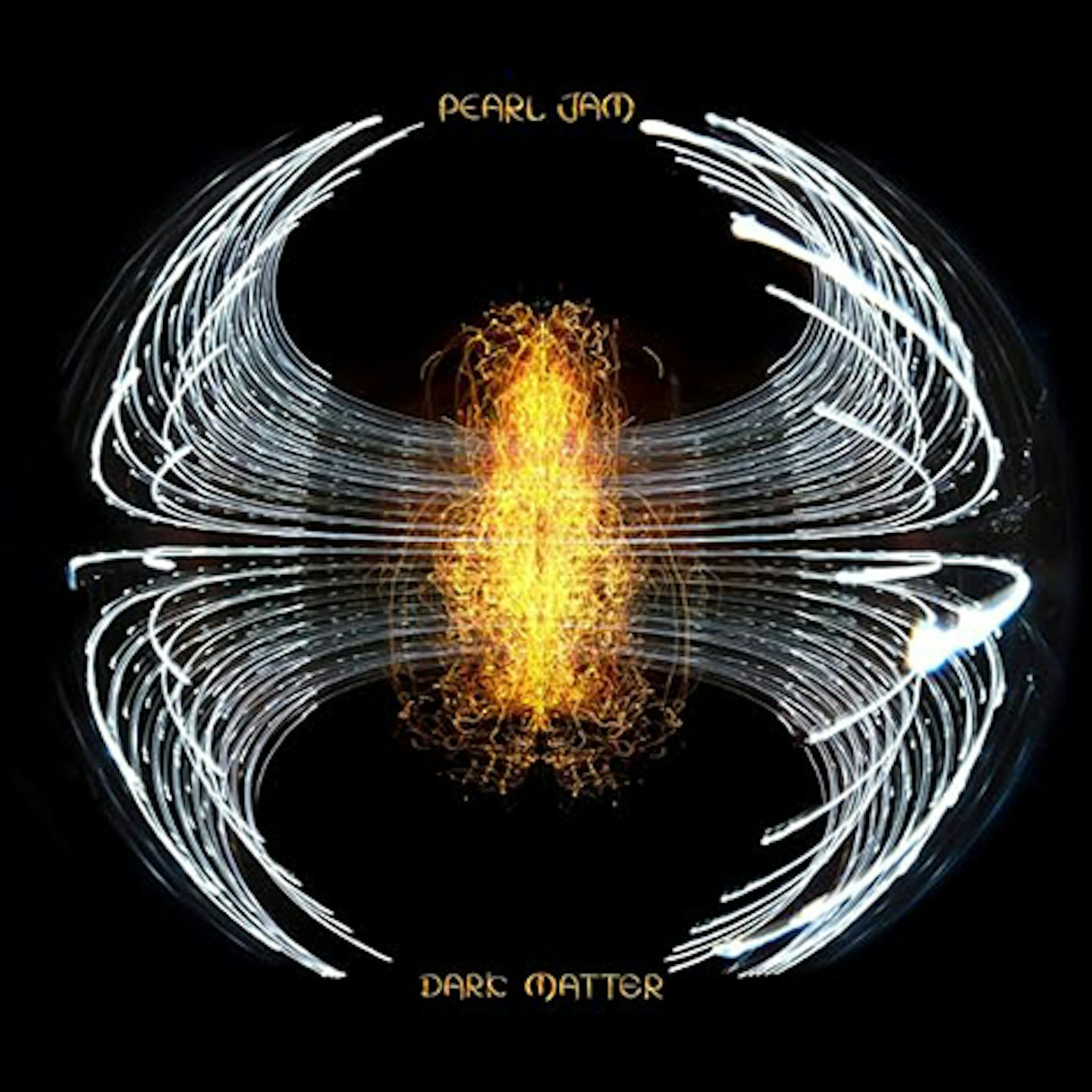
Following the leads of Ozzy Osbourne and The Rolling Stones, for their twelfth album, Pearl Jam became the latest rock institution to plug into erstwhile Justin Bieber producer Andrew Watt, a younger dude adept at refurbishing old school for the earbud generation. That Dark Matter succeeded so well was due to the band focusing their creative energy, just as Watt’s sonic Nutribullet technique condenses their core rumble into punchy blasts. “I’ll be the last one standing," Eddie Vedder sang on Got To Give, one of PJ's greatest hymns to people power. On this sort of late period form, you wouldn't bet against it.
6.
Vs
(Epic, 1993)
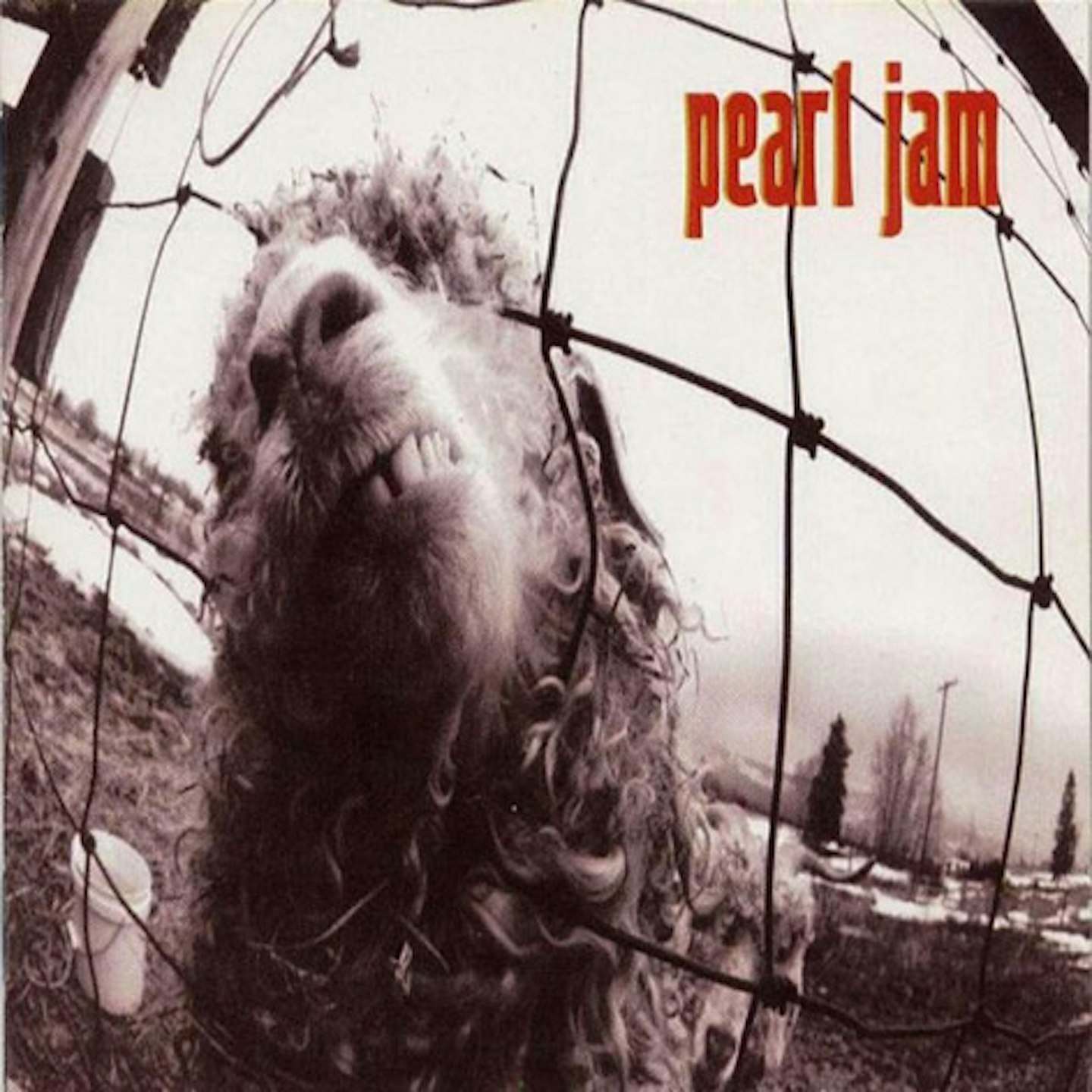
Whatever your definition of ‘grunge’, 1991 debut Ten was more along-for the-ride than driving-the-bus. Possibly stung by purist opprobrium, Vs dressed down the Bad Company licks and permitted distortion, without ever conveying the sense the band were certain this was how to follow their surprise hit debut. But Eddie Vedder’s angst avatar was authentically dark-eyed on Daughter, while Rearviewmirror’s riff chase was pure berserker thrill. The start of a fruitful bond with producer Brendan O’Brien.
5.
Riot Act
(Epic, 2002)
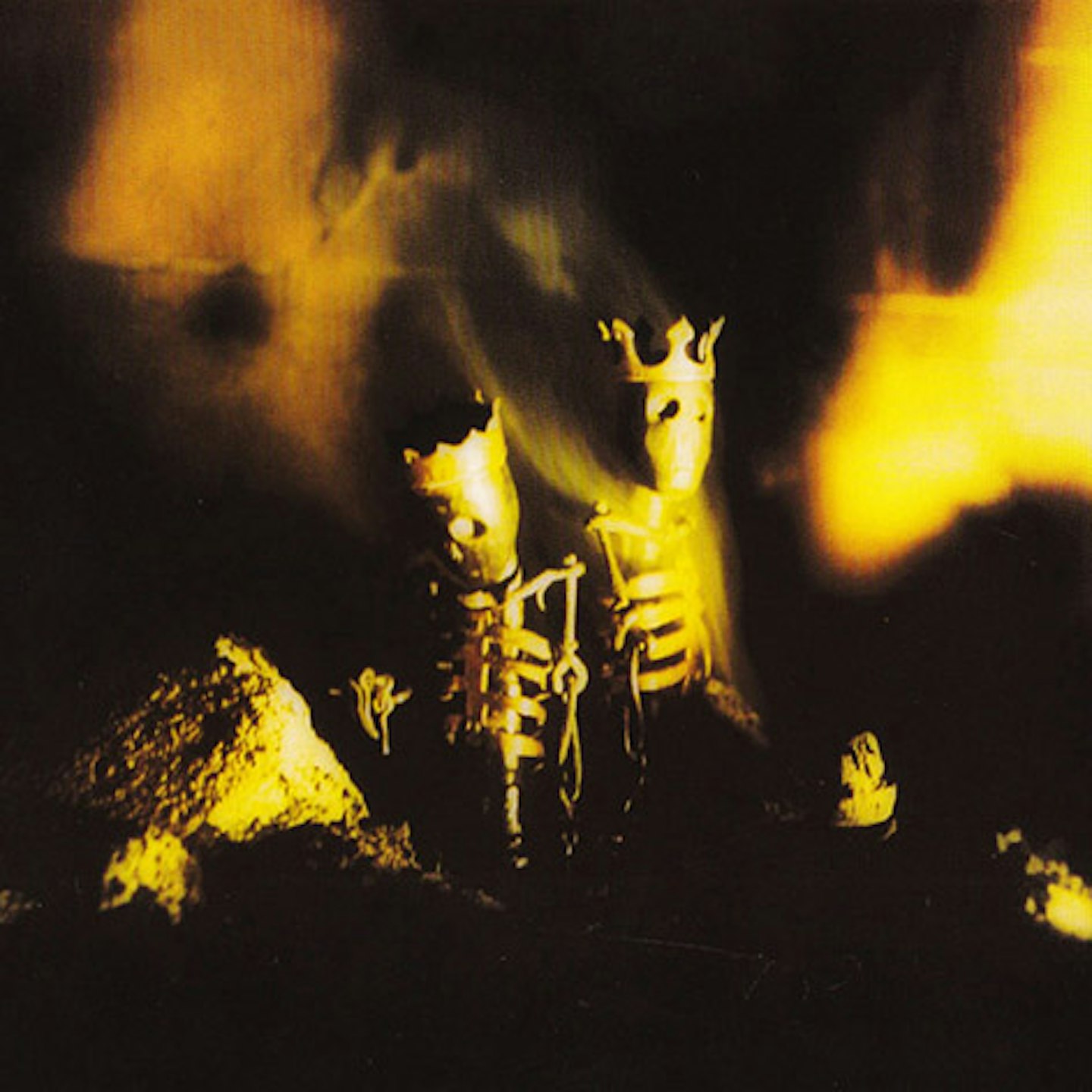
No less opaque than its predecessor, 2000’s Binaural, Riot Act had redemptive forces at its core. Mostly recorded live, Pearl Jam got their experimental groove back, with some songs reportedly materialising as the tapes rolled, and others – notably Cameron’s You Are and Get Right – snapping with a left-field pop nous few imagined this band possessing. Then there was Bu$hleaguer, a mordant evisceration of the then US President, and Love Boat Captain, a post-Roskilde elegy.
4.
Ten
(Epic, 1991)

Six months after singer Andrew Wood fatally overdosed, the core of Seattle hard rock hopefuls Mother Love Bone auditioned a singer who’d written lyrics to two of their new band’s songs while surfing. Pearl Jam’s debut was duly conceived out of tragedy, infused with a mystic spirit, and offered a Valhalla feast of hot fret action. The bombast got tempered on 2009’s remix, but songs like Alive and Even Flow endure for good reason.
3.
Vitalogy
(Epic, 1994)
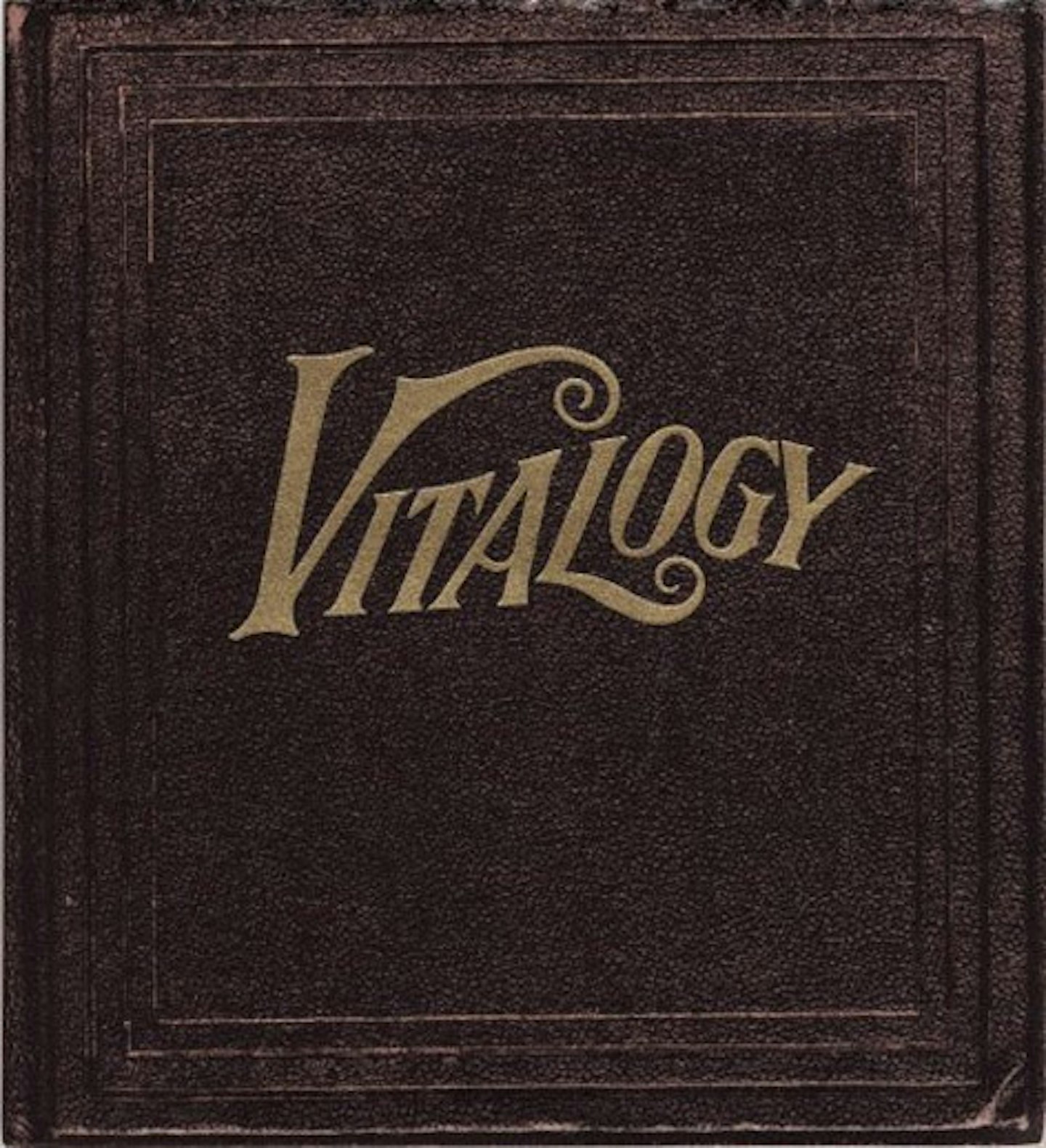
Despite being written and recorded amidst inner turmoil – guitarist Mike McCready’s rehab, drummer Dave Abbruzzese’s imminent sacking – and with its release overshadowed by the band’s dispute with Ticketmaster, Vitalogy presented Pearl Jam at last realising a sonic identity that felt inimitably their own. Perhaps not coincidentally, this was the album where Vedder assumed control of the band’s musical direction: the vibe was scruffier, the top lines stronger. Better Man and Corduroy remain setlist staples.
2.
Yield
(Epic, 1998)
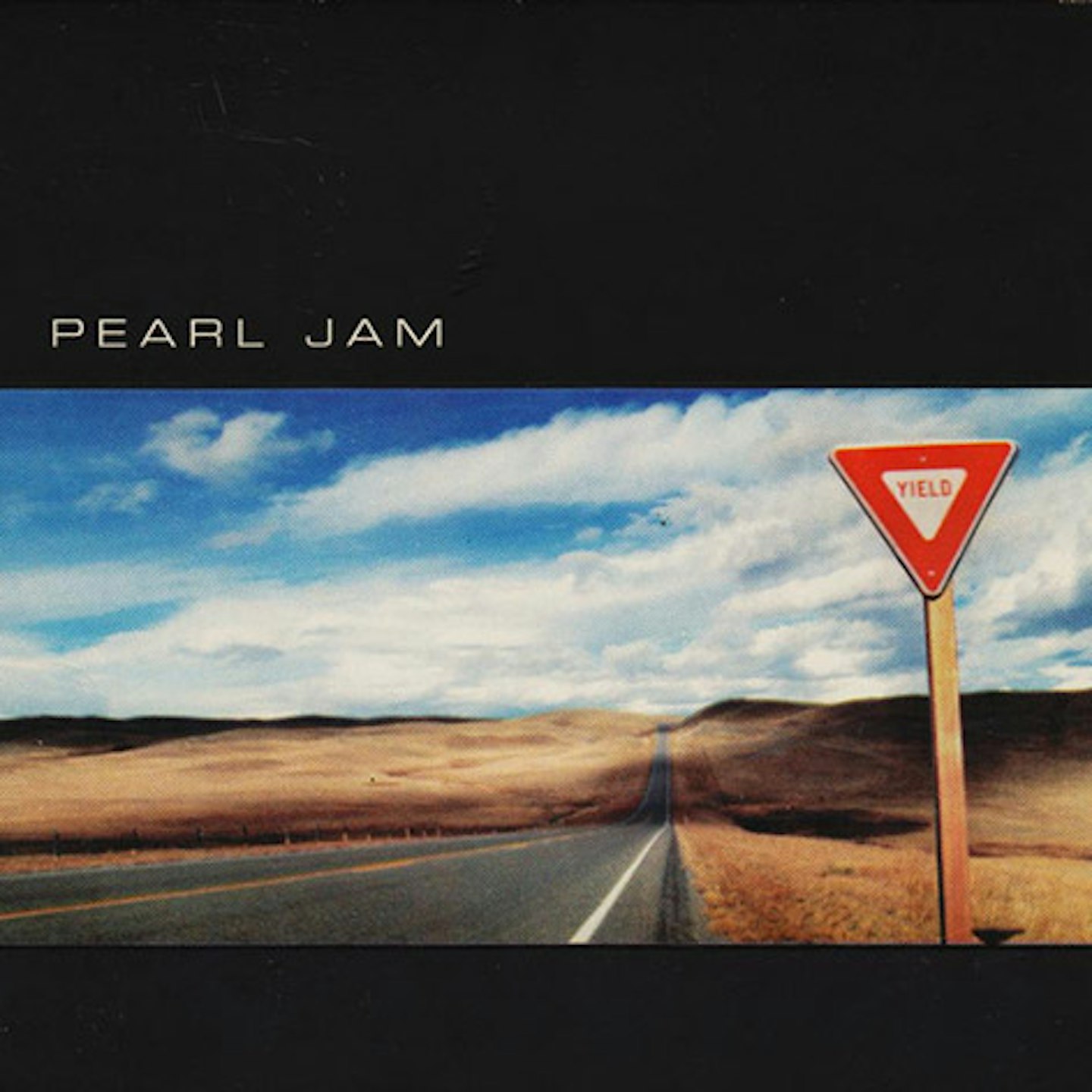
After calling a truce with Ticketmaster, Pearl Jam discovered they could engage with the commercial world and still maintain artistic integrity. Given To Fly and In Hiding were anthems for people who mistrust flags, with Vedder exultant amid the band’s newfound contemplative dynamic, rendering the epic intimate and vice versa. Do The Evolution, meanwhile, satirised capitalism from the perspective of an ape meeting a right-wing greed head. Yield heralded an exciting new dawn.
1.
No Code
(Epic, 1996)
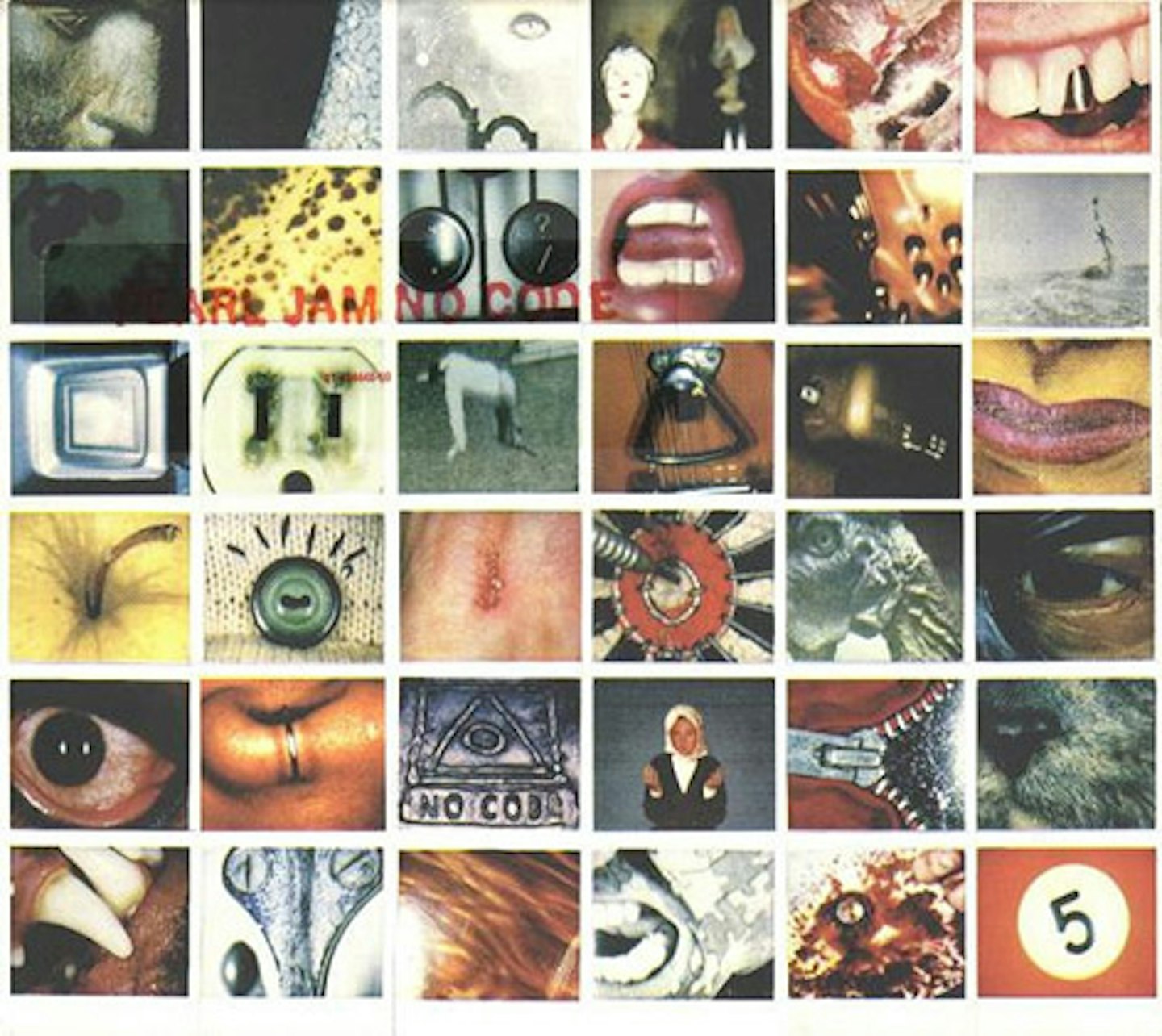
Four albums in, the ’Jam figure out how to jam, boosted by new drummer Jack Irons’ expansive polyrhythmic capability, and the results are remarkable. From the hardcore smash of Lukin – inspired by Vedder’s stalker hell – to I’m Open’s minimalist mantra, from the doomed youth anthem Present Tense to Smile’s uncanny Neil Young homage, here was a band re-learning the art of communication. As Stone Gossard later reflected: “No Code is pivotal.”
Picture: Gie Knaeps/Getty Images
